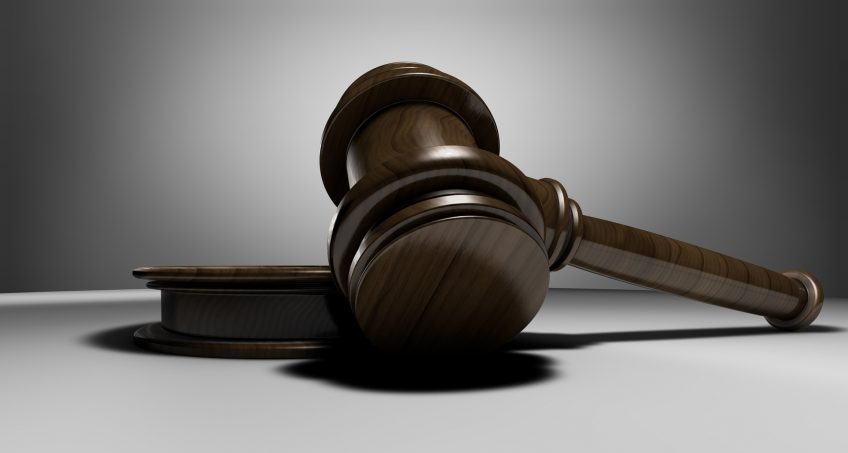Weaponized Use Of Car
Car AccidentsIn the case of Arthur Sager v. Madalina Blanco and Ricardo F. Blanco, Case Number 3D20-1194 (Fla. 3rd DCA October 12, 2022), Florida’s Third DCA held that an injured party is not precluded from pursuing vicarious liability when the vehicle involved has been weaponized by intent to cause harm. Conduct that is reasonably foreseeable may result in imputed liability under Florida’s dangerous instrumentality doctrine.
Facts of The Case
Mr. Sager was injured after Mr. Blanco placed his mother’s car in reverse and accelerated backwards. This occurred directly after Mr. Blanco had assaulted his girlfriend and it appears that Mr. Blanco may have been fleeing from the scene of the crime. Ms. Sager was identified as a neighbor who was responding to the domestic dispute.
Mr. Blano was subsequently arrested, charged, and convicted of aggravated battery with a deadly weapon. Sager sued Mr. Blanco for negligence in operation of the vehicle and sued Ms. Blanco (his mother and owner of the car) for vicarious liability under Florida’s dangerous instrumentality doctrine and for negligent entrustment of the vehicle to her son.
The trial judge entered summary judgment in favor of Ms. Blanco and prevented Mr. Sager from arguing that Mr. Blanco was acting negligently (rather than intentionally) at the time of the impact. The reason for the ruling given by the trial judge was that Mr. Blanco had been criminally convicted of intentionally using the motor vehicle in a weapon-like manner and was, therefore, foreclosed from arguing in civil court that a lesser degree of culpability was involved.
Legal Analysis
Before we go deeper into the issues, it is important to note that all automobile insurance policies in Florida exclude coverage for intentional conduct. This is why Mr. Sager (as the injured plaintiff) wanted to argue negligence instead of the intentional criminal act of using a vehicle as a weapon.
While sections 772.14 and 775.089(8), Fla. Stat. both preclude a criminal defendant from denying the essential allegations of his or her conviction in a related civil trial, neither statute prohibits the same restriction on the injured person. Therefore, the Third DCA held that Mr. Sager could argue in civil court that his injuries were the result of negligence. This prevents “collateral estoppel” (also known as issue preclusion) from being used “offensively” by the defendant to take the case outside of insurance coverage (and likely into uncollectible territory).
With that in mind, the testimony in this case should it go to a civil trial, may very well be that Mr. Blanco had no intention whatsoever of running over Mr. Sager and that his only intention was to get away quickly. A jury could very well accept that testimony even if they despise everything else about him and, doing so, would place his mother directly on the hook for liability under the dangerous instrumentality doctrine.
As an attorney, I see this case as a situation where substance is prevailing over form. The laws regarding liability for dangerous instrumentality were intended to create additional liability for owners of motor vehicles so that people who were injured were more likely to recover money for their injuries. These laws were never intended to be used “offensively” as the court put it to defeat insurance coverage when convenient to do so.
Talk About Your Case With A Lakeland Car Accident Lawyer Today
If you have been injured by a car accident in Florida, it pays to get a consultation with an accident attorney. At Russo Law, we provide a free consultation and advice about your case. If we believe that we can successfully recover money on your behalf, then your case will be accepted on a contingency basis. There are no attorney fees or costs unless we recover money for you. Call us today to schedule your free consultation with a Lakeland car accident lawyer.


